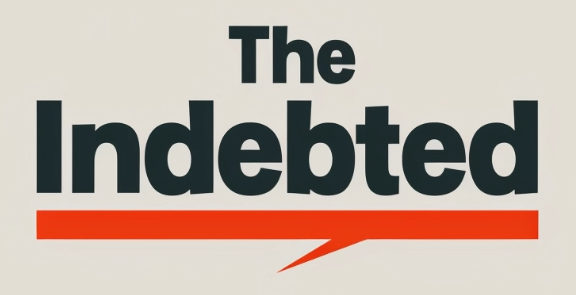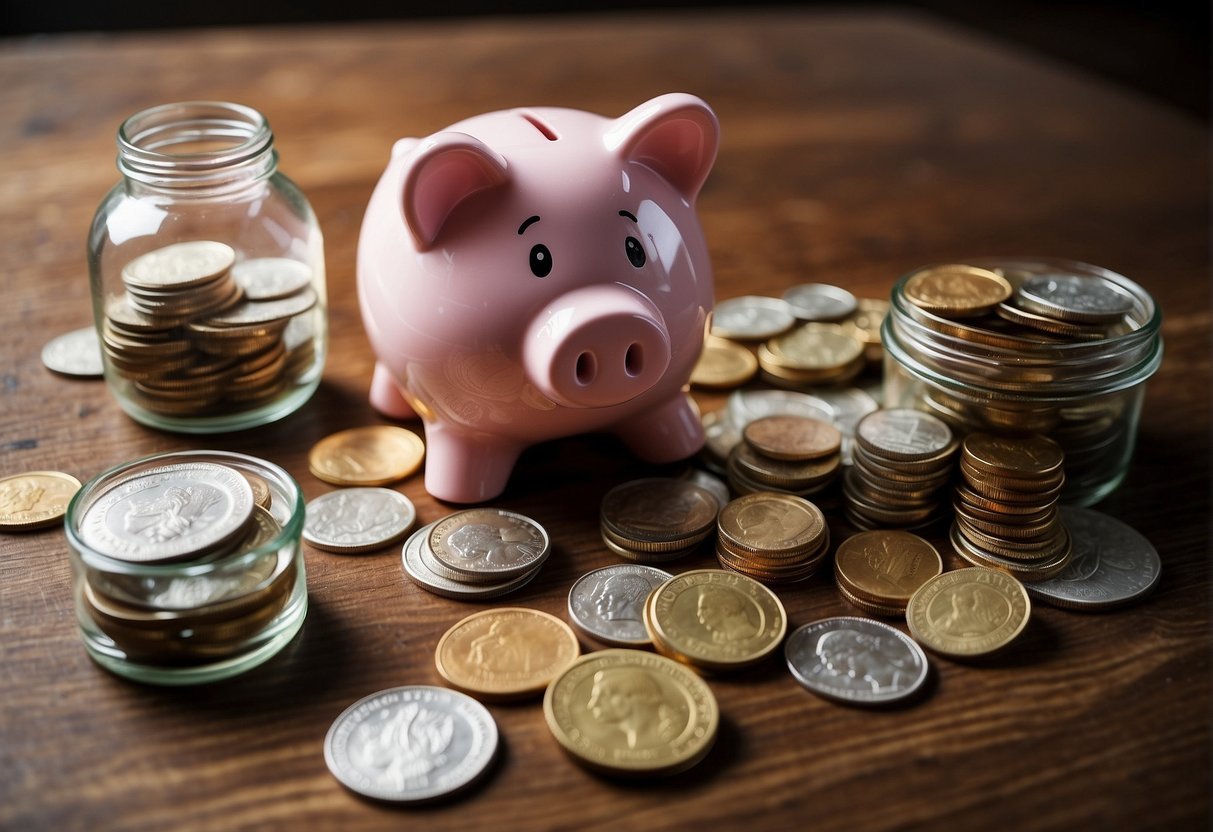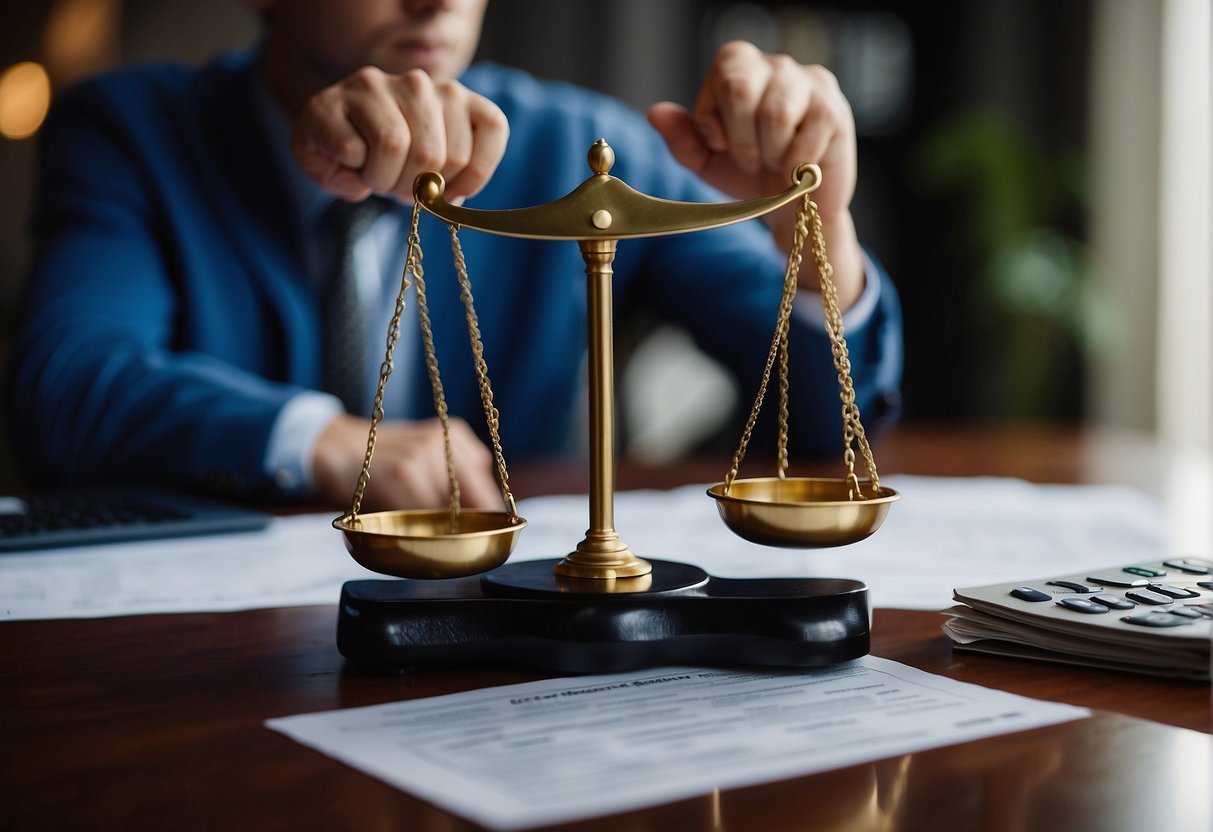Paying off big debts is a significant accomplishment that deserves to be celebrated. However, staying debt-free can be just as challenging as paying off the debt itself. It’s easy to slip back into old habits and accumulate new debt, especially if you don’t have a plan in place.
As someone who has been on this journey myself, I understand the importance of staying debt-free and the challenges that come with it. In this article, I will share some practical tips on how to stay debt-free after paying off big debts. From creating a budget to establishing an emergency fund, I will cover everything you need to know to maintain your financial freedom. So, let’s get started!
Understanding Debt and Its Impact
Debt can be defined as the amount of money that one owes to another party. It can be in the form of credit card debt, student loans, or any other type of loan. Debt can have a significant impact on an individual’s financial life, and it is essential to understand how it works and its impact.
Types of Debt
There are various types of debt, and each type has its own terms and conditions. Credit card debt is one of the most common types of debt, and it can be expensive due to high-interest rates. Student loans are another type of debt that can be significant, and they can take many years to pay off. Other types of debt include personal loans, car loans, and mortgages.
Interest Rates and Credit Score
Interest rates are an essential aspect of debt, and they can have a significant impact on how much a person owes. The higher the interest rate, the more expensive the debt will be. It is crucial to have a good credit score to get the best interest rates. A credit score is a number that represents a person’s creditworthiness. The higher the credit score, the better the interest rates will be.
To maintain a good credit score, it is essential to make payments on time and not to have too much debt. Debt consolidation and debt settlement are two options that can help individuals manage their debt. Debt consolidation involves combining multiple debts into one, which can make it easier to manage. Debt settlement involves negotiating with creditors to reduce the amount owed.
Bankruptcy is another option for individuals who are struggling with debt. However, it should be considered a last resort, as it can have a significant impact on a person’s credit score and financial life.
In conclusion, understanding debt and its impact is crucial for individuals who want to stay debt-free after paying off big debts. Knowing the types of debt, interest rates, and credit score can help individuals make informed decisions about their finances.
Creating a Sustainable Budget
As I learned from my experience, budgeting is crucial to staying debt-free after paying off big debts. Budgeting is simply a plan for how you will spend your money. Having a budget helps you keep track of your expenses and ensure that you’re not overspending. Here are some budgeting basics that have helped me stay on track:
Budgeting Basics
-
Track your income and expenses: To create a budget, you need to know how much money is coming in and how much is going out. Make a list of all your income sources and expenses, including bills, groceries, transportation, etc. This will help you see where your money is going and where you can cut back.
-
Set financial goals: Having financial goals will help you stay motivated and focused on your budget. Set short-term and long-term goals, such as paying off debt, saving for a down payment on a house, or building an emergency fund.
-
Create a realistic budget: Your budget should be based on your income and expenses. Make sure to include all your expenses, even the small ones. Be realistic about your spending habits and make adjustments as needed.
Best Budgeting Apps
There are many budgeting apps available that can help you create and stick to a budget. Here are some of the best budgeting apps that I have found to be helpful:
-
Mint: Mint is a free budgeting app that helps you track your spending, create a budget, and set financial goals. It also sends you alerts when you’re close to going over budget.
-
YNAB (You Need a Budget): YNAB is a paid budgeting app that helps you create a budget and track your spending. It also offers educational resources to help you improve your financial literacy.
-
PocketGuard: PocketGuard is a free budgeting app that helps you track your spending and create a budget. It also offers suggestions for ways to save money.
Balancing Saving and Paying Off Debt
When you’re trying to stay debt-free, it’s important to balance saving money and paying off debt. Here are some tips for finding the right balance:
-
Prioritize high-interest debt: If you have multiple debts, prioritize the ones with the highest interest rates. Paying off high-interest debt first will save you money in the long run.
-
Set aside money for emergencies: It’s important to have an emergency fund to cover unexpected expenses, such as car repairs or medical bills. Aim to save three to six months’ worth of expenses in your emergency fund.
-
Automate your savings: Set up automatic transfers from your checking account to your savings account. This will help you save money without having to think about it.
Inflation is a factor that can affect your budget. It’s important to keep in mind that the cost of goods and services can increase over time. Be sure to adjust your budget as needed to account for inflation.
Overall, creating a sustainable budget is key to staying debt-free after paying off big debts. By tracking your income and expenses, setting financial goals, and finding the right balance between saving and paying off debt, you can achieve financial stability and peace of mind.
Strategies to Stay Debt-Free
As someone who has paid off big debts, I know that staying debt-free can be just as challenging as paying off the debt in the first place. Here are some strategies that I have found helpful in staying debt-free:
Debt Snowball vs. Debt Avalanche
One of the most popular strategies for paying off debt is the debt snowball method. This involves paying off your debts from smallest to largest, regardless of the interest rate. The idea is that by paying off smaller debts first, you will gain momentum and motivation to keep going.
Another strategy is the debt avalanche method. This involves paying off your debts from highest interest rate to lowest interest rate. While this method may save you more money in interest in the long run, it may take longer to see progress and can be demotivating.
Ultimately, the choice between debt snowball and debt avalanche depends on your personal preference and financial situation. Whichever method you choose, the most important thing is to stick to it.
The Role of Emergency Funds
One of the biggest reasons people fall into debt is unexpected expenses. That’s why having an emergency fund is crucial for staying debt-free. An emergency fund should ideally cover three to six months of living expenses. This way, if an unexpected expense arises, you won’t have to resort to using credit cards or taking out loans.
To build an emergency fund, start by setting aside a small amount of money each month. Even if it’s just $50 or $100, it will add up over time. You can also consider automating your savings by setting up a direct deposit from your paycheck into a separate savings account.
Utilizing Balance Transfers
If you have credit card debt, one way to stay debt-free is to take advantage of balance transfer credit cards. These cards often offer a 0% introductory APR for a certain period of time, allowing you to transfer your existing credit card debt and pay off the balance interest-free.
However, it’s important to read the fine print and understand the terms and conditions of the balance transfer card. Make sure you can pay off the balance before the introductory period ends, as the interest rate will likely increase significantly after that.
In conclusion, staying debt-free requires discipline, commitment, and a solid plan. By utilizing strategies like the debt snowball or debt avalanche, building an emergency fund, and utilizing balance transfer credit cards, you can stay on track and avoid falling back into debt.
Increasing Income and Managing Expenses
As someone who has recently paid off a big debt, I know that staying debt-free requires a combination of increasing income and managing expenses. Here are some strategies that have worked for me:
Exploring Side Hustles
One of the most effective ways to increase income is by exploring side hustles. A side hustle is a part-time job or business that you can do outside of your regular job. There are many side hustles you can explore, such as freelancing, selling products online, or offering a service like pet-sitting or house-cleaning.
Personally, I started a small online business selling handmade crafts and it has brought in a steady stream of extra income. Whatever side hustle you choose, make sure it is something you enjoy doing and that it doesn’t interfere with your regular job or personal life.
Reducing Monthly Payments
Another way to manage expenses is by reducing monthly payments. This can be achieved by negotiating with service providers to lower your bills. For example, you can negotiate with your cable or internet provider to get a better deal. You can also look for ways to cut back on expenses, such as eating out less or cancelling subscriptions you don’t use.
Negotiating with Creditors
If you still have debts to pay off, negotiating with creditors can help you manage your payments. You can ask for a lower interest rate or a more manageable payment plan. Be honest about your financial situation and explain that you are committed to paying off your debts. Creditors are often willing to work with you if they know you are making an effort to pay them back.
By exploring side hustles, reducing monthly payments, and negotiating with creditors, you can increase your income and manage your expenses to stay debt-free. Remember, staying debt-free requires ongoing effort and discipline, but it is worth it in the end.
Maintaining Financial Health
As someone who has become debt-free after paying off big debts, I know that the journey to financial freedom is not easy. However, staying debt-free is even harder. It requires discipline, patience, and a willingness to make lifestyle changes. Here are some tips that have helped me maintain my financial health and stay debt-free.
Setting and Achieving Financial Goals
Setting financial goals is crucial to staying debt-free. It gives you a clear direction and helps you focus on what is important. When setting financial goals, start by identifying what is most important to you. Is it saving for retirement, paying off your mortgage, or building wealth? Once you have identified your financial goals, break them down into smaller, achievable milestones. This will help you stay motivated and celebrate your progress along the way.
Monitoring Progress and Staying Motivated
Monitoring your progress is essential to staying on track with your financial goals. Regularly reviewing your net worth, retirement savings, and debt relief progress will help you stay motivated and focused on your financial journey. One way to stay motivated is to celebrate your milestones. Whether it’s paying off a credit card or reaching a savings goal, take time to celebrate your achievements.
Seeking Professional Advice
If you are struggling to stay debt-free, seek professional advice. A financial counseling agency can help you develop a plan to manage your finances and fight financial stress. They can also provide you with an accountability partner to help you stay on track with your financial goals. Remember, becoming debt-free is a journey, and seeking professional advice can help you stay on course.
In conclusion, maintaining financial health after becoming debt-free requires discipline, patience, and a willingness to make lifestyle changes. By setting and achieving financial goals, monitoring your progress, and seeking professional advice when needed, you can stay debt-free and achieve financial wellness.





